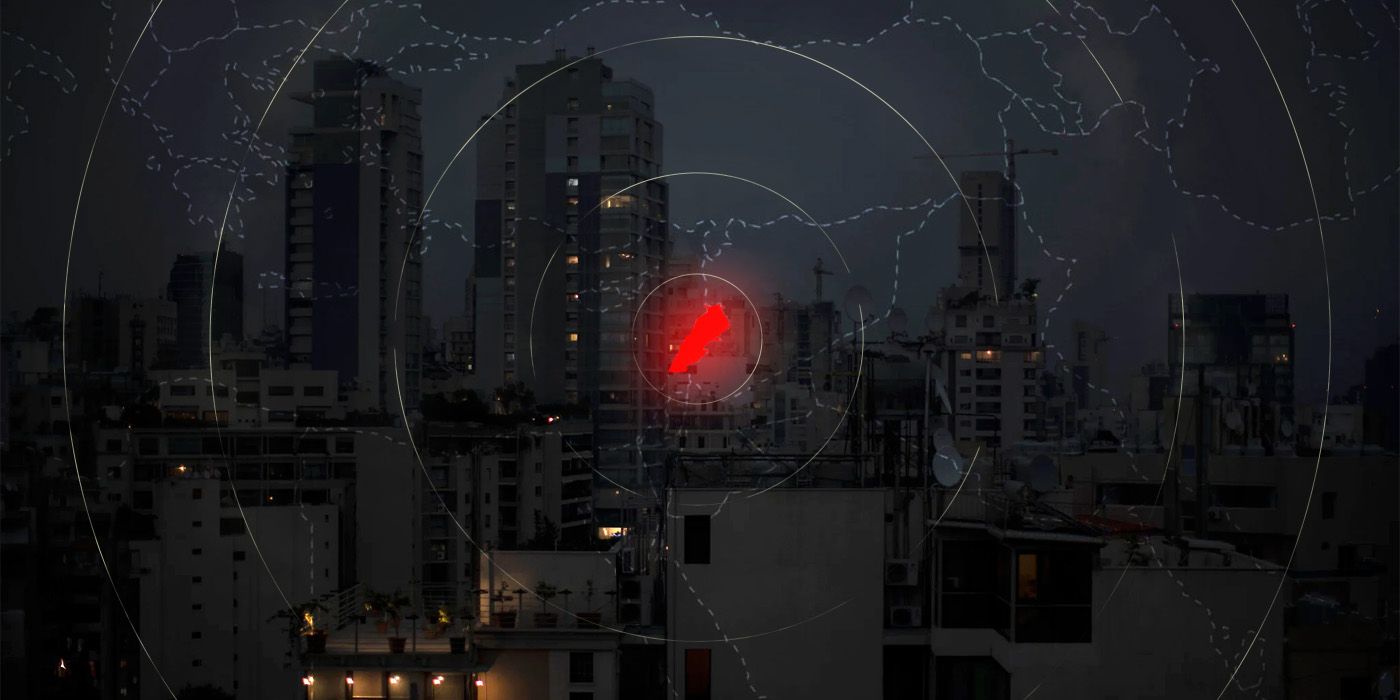- Home
- Highlights
- Energy Crisis: Lebanon Between Regional Opportunities and Internal Blockages

©This is Beirut
Arab support for the revival of Lebanon’s energy sector is back in the spotlight. On the sidelines of the Arab Summit in Amman, Prime Minister Nawaf Salam reopened this crucial file with his Jordanian counterpart. Shortly after, Lebanese Finance Minister Yassine Jaber and Energy and Water Minister Joe Saddi discussed the main points of energy cooperation with Qatari authorities in Doha.
Toward a Regional Energy Axis?
The recent partial lifting of sanctions on Syria opens new prospects. According to the Finance Minister, this development could allow Lebanon to import electricity and gas at lower costs. It would also favor the transit of Iraqi oil to the Tripoli refinery, a regional fiber optic project, and an electric interconnection linking five countries. In short, it represents a strategic opening for energy transportation from Egypt and Jordan through Syria to Lebanon.
In this context, a Lebanese delegation to Iraq revived two sensitive projects: the rehabilitation of the Kirkuk–Banias–Tripoli pipeline (out of service since 1982) and the upgrading of the Tripoli refinery. This pipeline, which has been a frequent target of sabotage, represents a major asset not only for Lebanon but also for Syria (which would collect transit fees) and Iraq, which could diversify its export terminals to Europe, potentially increasing its capacity to 7 million barrels per day.
The Syrian Obstacle: The Caesar Act
However, a major obstacle remains: the sanctions imposed on Syria by the US Caesar Act. Only the US Congress can fully lift these sanctions, as the law originates from the legislative branch. While the president can temporarily suspend certain measures, a full repeal requires a lengthy congressional process. Without this repeal, Lebanon cannot legally sign long-term contracts or commit to energy import payments without facing serious legal and financial risks. It’s worth noting that Europe, Australia, and the UK had also imposed sanctions on Syria, which were eased and then entirely lifted on May 25, 2025.
The Revived Qatari Offer
On another front, the offer made by the QatarEnergy–TotalEnergies consortium to build a solar power plant with a 100-megawatt capacity is back on the table. Minister Joe Saddi merely noted that his ministry was studying and coordinating all proposals, including Qatar’s. However, this offer had previously encountered legal obstacles under the former government. Former Minister Walid Fayad pointed out that in the absence of an Energy Regulatory Authority (not yet formed at the time), no production license could be legally issued. Moreover, QatarEnergy and TotalEnergies, as private actors, could not benefit from a direct agreement without specific legislation passed by Parliament. Fayad also noted that he had proposed alternative solutions that were rejected by the other party.
Since April 22, the ministry has been working to establish this Regulatory Authority, in accordance with Law 462 of 2002. The application deadline closed in mid-May, with approximately 410 candidates. This is a key step toward deeply reforming a sector plagued by monopolies and institutional deadlock. It will pave the way for dismantling the monopoly of Électricité du Liban (EDL) and finally opening the door to strong and transparent private partnerships. However, such partnerships remain on hold until the international community gives its green light—something still tied to the dismantling of Hezbollah’s arsenal.
Reform Before Import
Importing gas, oil, or electricity alone will not be enough to sustainably resolve Lebanon’s energy crisis. Without a clear strategy or structural reform, such measures risk being mere band-aids on a gaping wound. The priority must be fixing systemic failures, ending improvisation, and making energy planning central to national economic policy. Najib Mikati’s government indeed approved a national emergency plan for the energy sector, but its effectiveness depends entirely on full implementation.
Electricity: Lebanon Tops Energy Cost Rankings in the Arab World
Lebanon holds a dismal record: it has the highest electricity and water bills in the Arab world, according to a recent study published by the data comparison site Numbeo. According to the reported figures, the cost per kilowatt-hour for households is $0.206—significantly higher than the global average. In this context, it’s also highlighted that generator subscription fees far exceed actual operating costs.
In detail, producing one kilowatt-hour of electricity requires less than a liter of diesel, yet consumers pay three to four times that amount when using electricity from generators. The rate includes the cost of diesel, maintenance and operation expenses, wages, equipment wear and tear, and a profit margin for the generator owner.
In a country where private generators largely compensate for public grid failures, subscription prices remain controversial, especially due to their asymmetric reaction to fluctuations in diesel prices. Indeed, subscription rates rise rapidly when fuel prices go up, which may seem logical since diesel is central to operational costs. Conversely, when fuel prices drop, the impact on subscription fees is minimal or even non-existent. This raises questions about pricing transparency and adherence to the official rates set by the Ministry of Energy—especially given that, under existing laws, electricity production is a state monopoly.
Read more




Comments